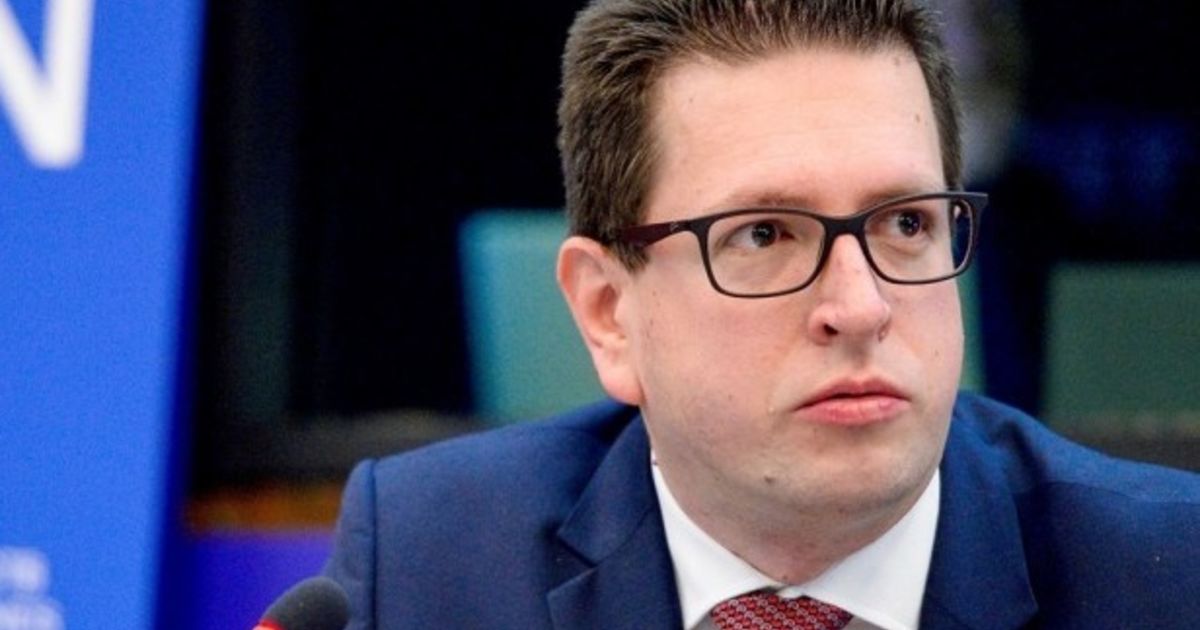
FUEN urges a more efficient implementation and the upgrade of the European Charter for Regional or Minority Languages
23.11.2017FUEN President Loránt Vincze presented an 18 point proposal for the European Charter for Regional or Minority Languages in Strasbourg on Tuesday. He attended the 58th plenary meeting of the Committee of Experts on the subject of the implementation of the Charter. The proposal contains suggestions made by nongovernmental organisations and urges member states to include the provisions of the Charter in national legislation.
In some states minorities are given the opportunity to work together with the governments on the implementation of the Charter. According to the proposal, this good example ought to be followed by more states. The document also underlines: people working in positions where they implement the provisions of the Charter must be made aware of the obligations their state committed too, when ratifying this instrument. Citizens should know their rights.
Many member states are late or very late with their reports on the implementation of the Charter, elaborated Loránt Vincze. He then added that this leaves the impression within language communities that the provisions of the document are not taken seriously by their government. It may be good to find out the reason for the tardiness, the president of the FUEN said, as the system of triennial reporting on the complete set of undertakings by a member state works according to a bureaucratic rationale, which is suited for governments, ministries and international bodies, but less so for ordinary citizens. Representatives of language communities should be offered an easier and more regular way to forward their specific complaints, observations and contributions in regard to the implementation of the Charter – argued the president of the minority protection umbrella organisation. Additionly, he drew attention to the fact that reporting with delays reduces the effects of monitoring, and all data and recommendations might be outdated by the time they are handed in.
The FUEN is concerned by the fact that some member states suggest, that applying the Language Charter equals excessive bureaucracy and costs. In the opinion of the president of the organisation, minority protection and linguistic diversity is not a luxury, but the preservation of cultural and linguistic heritage. The proposal contains drafting a White Book, which would focus on the different European minorities and their particular situation such as their main goals regarding language rights, would be much welcomed. Furthermore, they argued, minorities ought to be given the opportunity to formulate the right solutions to their specific problems, instead of their respective state deciding on their behalf.
The proposal suggests to upgrade the Charter, within an open debate including representatives of national minorities and NGOs alongside Member States and the institutions of the Council of Europe. In the opinion of the FUEN, such a broad debate and cooperation would enable the Charter to become a “living instrument”, making it easier to adapt to the challenges of ever changing societies in the digital era.
The Committee of Experts acknowledged the proposal made by the FUEN and stated that they will address these issues giving it thorough thought.
Pressemeddelelser
- FUEN wishes you a peaceful Christmas season, restful days and a bright, hopeful start to the new year!
- FUEN calls on the EU to act over systematic ethnic-based land confiscations in Slovakia
- Women of Minorities conference in Budapest calls for structural change to ensure equal political participation of minority women
- FUEN President Olivia Schubert at UN Forum on Minority Issues in Geneva
- "Laboratory of Peace": 28th Seminar of Slavic Minorities held in European Capital of Culture Gorica/Gorizia
- Equality in Political Participation and Representation: Third “Women of Minorities” Conference to Be Held in Budapest
- FUEN Working Group on Education discusses challenges and future of minority schooling in Europe
- 28th Seminar of Slavic Minorities in Europe to take place in Gorica/Gorizia, Italy
- Olivia Schubert in her first interview as FUEN President
- FUEN Assembly of Delegates elects new leadership – Olivia Schubert becomes new President














